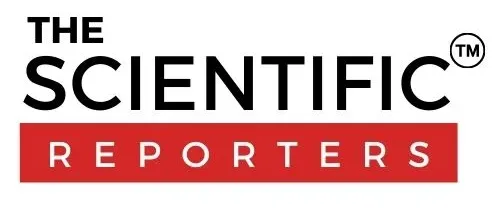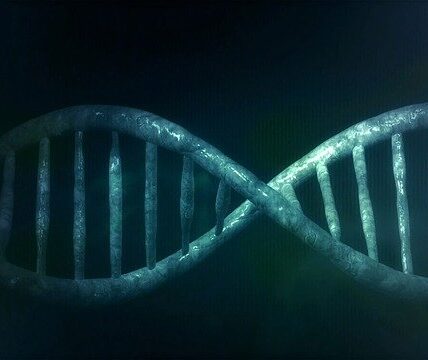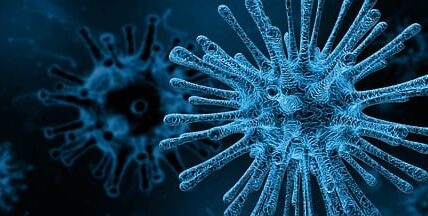What is Bioinformatics?
Bioinformatics is a field of science that uses computational techniques to process, analyze and interpret biological data. It encompasses a range of scientific disciplines including biology, computer science, statistics, and mathematics, to solve problems in the field of biology and medicine.
Bioinformatics tools and techniques are used to analyze DNA, RNA and protein sequences, gene expression data, and protein-protein interactions. The aim of bioinformatics is to use this data to understand complex biological systems and processes, such as disease mechanisms and the evolution of species.
Applications of bioinformatics include genome sequencing, gene annotation, drug discovery, gene therapy, and precision medicine. Bioinformatics has revolutionized the way biological research is performed, enabling scientists to process large amounts of data, identify new biological insights, and make data-driven decisions.
Job opportunities in Bioinformatics
Bioinformatics is a field that combines biology, computer science, and information technology to analyze and interpret biological data. There are many career opportunities in this field, ranging from entry-level positions to highly specialized roles. Some of the most common jobs in bioinformatics include:
- Bioinformatics Scientist: This role involves developing and using computational tools and algorithms to analyze large amounts of biological data, such as DNA sequences or protein structures.
- Computational Biologist: This role combines biology, computer science, and statistics to develop and apply computational methods to study biological systems.
- Bioinformatics Analyst: This role involves using bioinformatics tools and databases to perform data analysis and interpretation for research projects.
- Bioinformatics Software Developer: This role involves developing new software tools and applications for bioinformatics research and analysis.
- Biostatistician: This role involves using statistical methods to analyze biological data and support research projects.
- Research Scientist: This role involves conducting research in the field of bioinformatics and developing new methods for analyzing biological data.
- Biomedical Data Scientist: This role involves analyzing large sets of biomedical data to uncover patterns and insights that can inform the development of new treatments and therapies.
These are just a few of the many career opportunities available in bioinformatics. To pursue a career in this field, a strong background in both biology and computer science is typically required, as well as experience with programming languages such as Python, R, and Perl. Additionally, a PhD in bioinformatics or a related field may be required for some advanced roles in academia or industry.
Successful people in Bioinformatics
There are many successful people in the field of bioinformatics, who have made significant contributions to the field and have established themselves as leaders in their respective areas of expertise. Here are a few of them:
- Stephen Altschul – He is a Senior Investigator at the National Institutes of Health (NIH) and is best known for his work on developing algorithms for biological sequence analysis.
- J. Craig Venter – He is a geneticist, biochemist, and entrepreneur who co-founded the Human Genome Project and was the first person to sequence the human genome.
- Leroy Hood – He is a pioneer in the field of systems biology and has made significant contributions to the development of high-throughput technologies for analyzing biological systems.
- Emmanuelle Charpentier – She is a French microbiologist who, along with Jennifer Doudna, discovered the CRISPR/Cas9 gene editing system.
- Michael Waterman – He is a mathematician and computer scientist who has made important contributions to the development of algorithms for analyzing large-scale biological data sets.
- Janet Thornton – She is a British biochemist and researcher who has made important contributions to our understanding of protein structures and their role in disease.
- Mark Gerstein – He is a bioinformatics researcher who has made significant contributions to the development of algorithms and databases for analyzing biological data.
These are just a few examples of successful people in bioinformatics. The field is constantly growing and evolving, and there are many more individuals who have made important contributions and will continue to do so in the future.






















